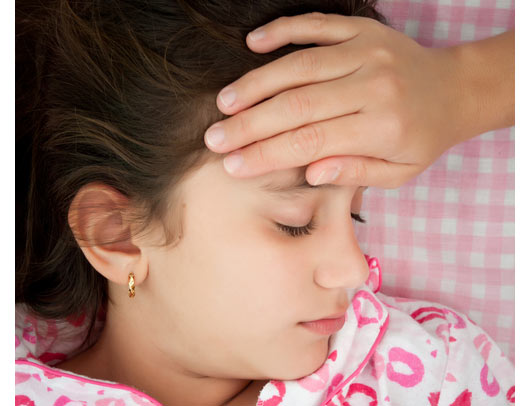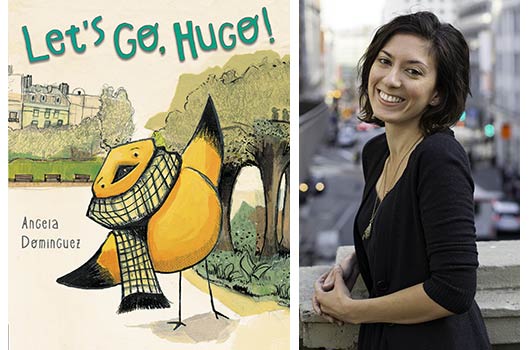
Before Karen Kataline knew what a calorie was, she was restricted to 500 of them a day. At dinner, she was not served the same foods as her parents and brother. She remembers being hungry all the time.
Kataline was a toddler beauty queen and performer.
“I’d started performing in dances and beauty pageants at the age of 3 in the 1960s,” says the author of a new, award-winning memoir, Fatlash: Food Police & the Fear of Thin. “My mother wanted me to be a star, and she was obsessed with my weight and appearance. She wanted me to be thin.’’
Read Related: 5 Ways to Nurture Your Child’s Positive Body Image & Self-Esteem
Years of being forcibly held to a restrictive diet had a profound effect. As a child Kataline learned that she could “win” by eating as much food as she could sneak without getting caught. She especially sought the foods that were denied her, from gravy to chocolate bars. “When parents—or some government agency or official—make food choices for individuals, it sets people up to develop eating disorders,” says Kataline, an experienced mental health therapist with a master’s degree in social work from Columbia University. “Many times, a child wouldn’t have a weight problem at all if his or her parent weren’t superimposing their own fear and anxiety about it onto the child.”
Kataline is troubled by increasing efforts to legislate food choices for adults, from New York City Mayor Michael Bloomberg’s attempt to ban super-sized sugary drinks to Los Angeles City Council’s prohibition against fast-food restaurants in certain minority neighborhoods. “The attempt to control a choice as personal and critical to our survival as what we put in our mouths creates serious consequences—whether the control is imposed by an overzealous parent or an army of food police,” she says. “Government attempts to force people to eat in a particular way will have the backlash of actually making people fatter.”
Kataline offers these suggestions for families who want their children to have a healthy relationship with food—and with themselves.
-
Teach children “body integrity”—that they have autonomy over their own body. Ultimately, each of us is responsible for the choices we make, and that includes the choices involving our bodies, Kataline says. Teach children to recognize the differences between healthy and unhealthy choices, and encourage healthy choices by emphasizing its their body and they must both expect and accept the consequences—good and bad—for the choices they make. “Children will learn to moderate their eating habits when they are in touch with their own hunger signals,” she says. “When someone else takes responsibility for that, they lose touch with it.”
-
Set boundaries and respect them. It’s normal for parents to revel in their child’s accomplishments. But there’s a problem when they desperately need their child to look a certain way, or excel in a particular area, Kataline says. They are imposing their own issues and arrested development on their child—she calls it “Princess by Proxy.” Living through their child and having their child’s appearance and accomplishments feed their own need for attention and recognition, or their own political agenda, makes the child a proxy for the adult’s agenda and can result in mental and emotional damage to the child. “Parents need to work out these issues for themselves, or with the help of a therapist, and establish boundaries that respect the child’s autonomy,” Kataline says. “By the same token, we as citizens need to set similar boundaries for our politicians and take responsibility for our own choices.”
-
If your child is making a lot of unhealthy food choices, encourage her to “check in with herself” to identify the cause. “Sometimes the body says what the mouth cannot,” Kataline says. Significant weight gain can be a child’s body armor, protecting her from something that feels painful but she’s unable to articulate. As a young performer and pageant star, Kataline says she was sexualized at a very early age—given a sexual persona through hair styles, makeup, costumes and even dance moves. Adults’ response made her feel vulnerable. The overeating that began as a way to beat her mother’s strict dietary rules eventually became a way to protect herself from the looks that made her uncomfortable.
About Karen Kataline, MSW
Karen Kataline is a social worker, public speaker and performer whose professional and personal perspective on the effects of beauty pageants on young children has won wide recognition and numerous awards.












